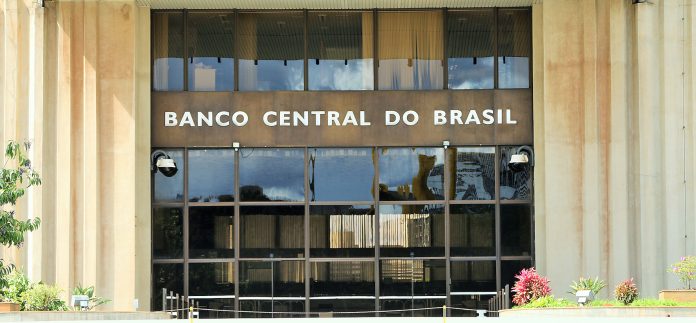Beginning in April 2023, the Central Bank of Brazil (BCB) will impose interchange fee caps on prepaid cards and unify the settlement terms for debit and prepaid card transactions.
According to Reuters, the interchange charge cap for prepaid cards will be 0.7%. The BCB stated that the modifications are anticipated to “improve the payments ecosystem’s efficiency, stimulate the adoption of less expensive payment instruments, and enable the lowering of costs for retailers to accept these cards.”
The topic was sent out for public comment by the central bank last year, but the responses proposed a ceiling of 0.5% for both debit and prepaid cards, a measure that would have angered FinTechs more than the existing 0.7%.
According to Reuters, debit card interchange fees presently range from a combined weighted average computation of 0.5% to a maximum value per transaction of 0.8%. Debit card interchange fees will only be limited at 0.5% per transaction under the BCB’s modifications.
The BCB had been requested by Brazilian banks to level the playing field by establishing a cap on interchange fees for prepaid cards. According to the research, the development of FinTechs operating without charge limitations provided them an unfair edge.
According to Brazilian FinTech Nubank, interchange fees on prepaid cards accounted for 7% of its income in the year ending June 30. According to Nubank, the challenger bank’s income would have decreased by 2.9% if the cap had been in place.
When the news of the fee limitations first surfaced in noon trade, Nubank shares were down 2.3%, according to the article. Inter & Cofell’s stock dropped 9.8%, while PagSeguro Digital, a Brazilian payments provider, saw its shares drop 9.5%.











